Hardwood floors are a timeless choice that can instantly transform the look and feel of any home. With their warmth, beauty, and durability, it's no wonder that many homeowners opt for hardwood when renovating or building a home. However, there are a few essential considerations to keep in mind before installing hardwood floors. In this article, we'll discuss the top three things that homeowners should consider when installing hardwood floors and the average cost of the project.
Quality and Type of Hardwood
One of the most important factors to consider when installing hardwood floors is the quality and type of wood. Hardwood flooring comes in various species, each with its unique characteristics, such as color, texture, and grain pattern. Some of the popular options include oak, maple, cherry, and walnut.
It's crucial to choose a high-quality hardwood that can withstand foot traffic, spills, and scratches, especially if you have kids or pets. The hardness of the wood is measured on the Janka hardness scale, which ranges from 0 to 4000. Harder woods such as Brazilian walnut and hickory are more durable than softer ones like pine and cedar. Additionally, the type of finish used on the hardwood, such as oil or polyurethane, can also affect its durability.
Cost: The cost of installing hardwood floors varies depending on the type and quality of wood chosen. On average, the cost can range from $8 to $14 per square foot, including installation.
Subfloor and Moisture Considerations
Another crucial factor to consider when installing hardwood floors is the condition of the subfloor and moisture levels. Hardwood floors are sensitive to moisture and changes in temperature, which can cause warping, cupping, or buckling. Before installing hardwood, it's essential to ensure that the subfloor is dry, level, and free from any debris.
If the subfloor is uneven or has any imperfections, it may need to be sanded or leveled before the hardwood is installed. Additionally, it's essential to consider the moisture levels in the room where the hardwood is being installed. High humidity or moisture levels can damage the hardwood over time, so it's crucial to take measures to prevent moisture buildup.
Cost: The cost of repairing or leveling the subfloor can range from $1 to $3 per square foot, depending on the extent of the damage. Installing a moisture barrier or humidity control system can cost an additional $500 to $1,000.
Installation Method
Finally, the installation method is another crucial consideration when installing hardwood floors. There are two primary installation methods: nail-down and glue-down. Nail-down installation involves nailing the hardwood planks to the subfloor using a pneumatic nail gun. Glue-down installation, on the other hand, involves gluing the planks directly to the subfloor using an adhesive.
Nail-down installation is a popular choice for solid hardwood floors, while glue-down installation is preferred for engineered hardwood floors. Both methods have their advantages and disadvantages, so it's essential to choose the one that's best suited for your specific needs and preferences.
Cost: The cost of installation varies depending on the method chosen. Nail-down installation typically costs $2 to $3 per square foot, while glue-down installation costs $3 to $5 per square foot.
Installing hardwood floors is a significant investment that can add value and beauty to your home. However, it's crucial to consider the quality and type of wood, subfloor and moisture considerations, and installation method before starting the project. By keeping these factors in mind, you can ensure that your hardwood floors look great and last for years to come.
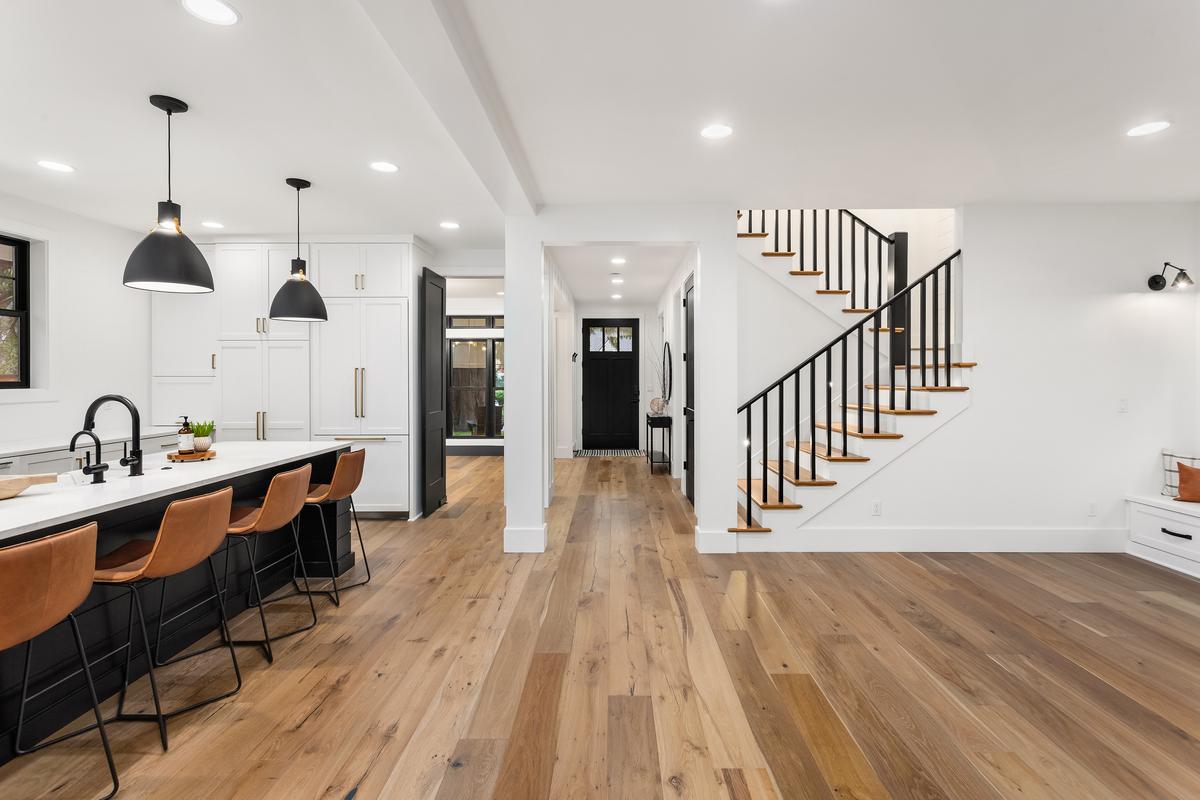

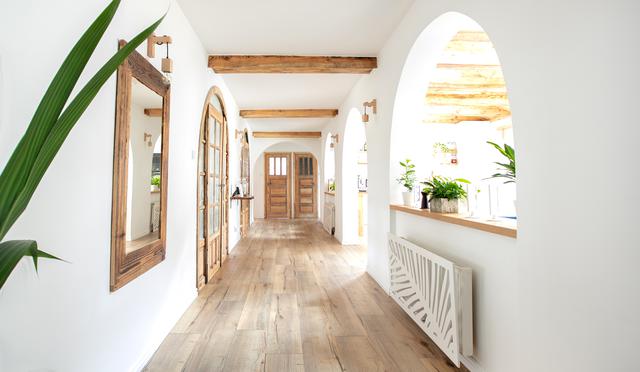
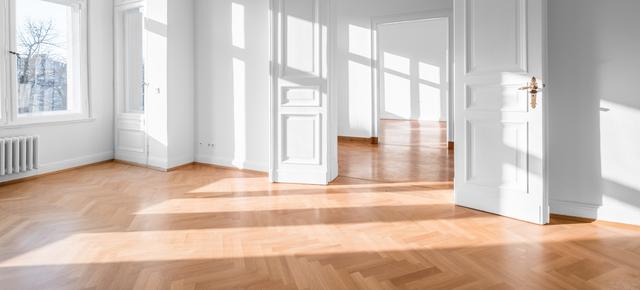
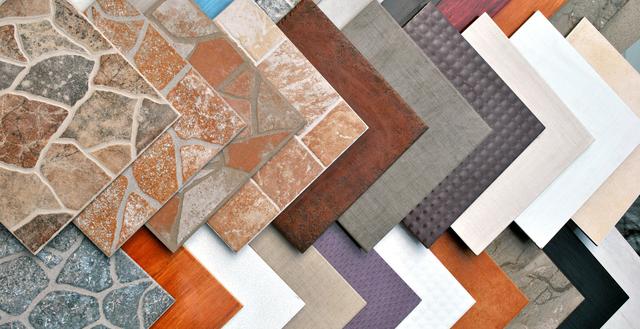
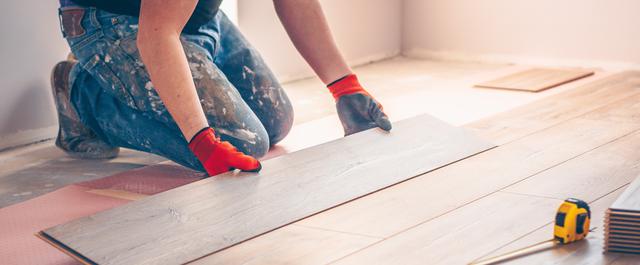
comments